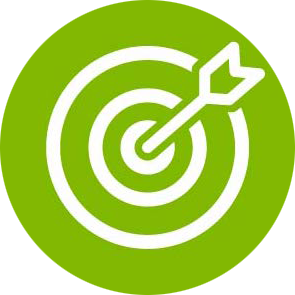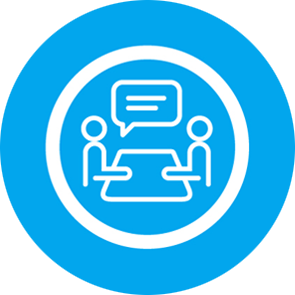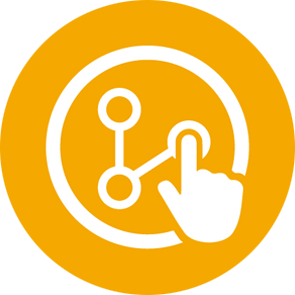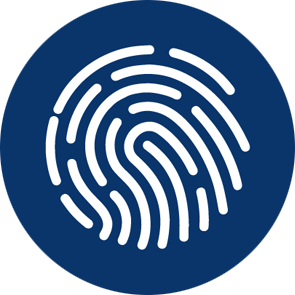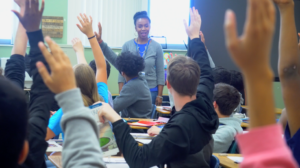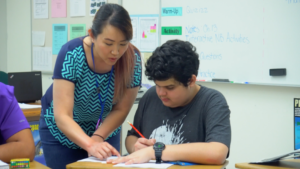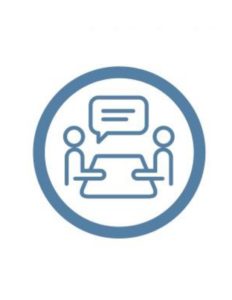Educator Teams
Educator Teams
- Teachers believe Educator Teams to be beneficial and great for increasing collaboration.
- Educator Teams give teachers and administrators chances to collaborate and discuss student successes and challenges, as well as how PASL is working in their school setting.
- Educator Teams may look different in each school, but they have the same goal – grant space to review the needs of PASL Students.
- Using Academic, Behavioral, and Emotional Data reveal specific needs of PASL students, and the Educator Team can discuss and address these appropriately.
Teachers at San Francisco Unified collaborated to craft a Science curriculum that fit the needs of their student population. Working together as a team helped to facilitate that customization.
How can PASL schools and teachers craft educator teams?
Schools often approach Educator Teams differently depending on their personnel concerns and availability.
- Educator Teams also work together to meet their specific school and student body needs, creating an inevitable impact on the school’s Culture of Personalization.
- Some schools may only include PASL Educators, while others may include Guidance Counselors and Administrators.
- All teams use Academic, Behavioral, and Emotional Data reveal specific needs of PASL students, and the Educator Team can discuss and address these appropriately. This is one facet of the Intentional Use of Data component of PASL.
The following tools provide some examples of how some Educator Teams in Broward have approached their Educator Teams.
Cross Talks: Collaborative planning discussions which offer teachers opportunities to address various student challenges and collaborate to create strategies for student and teacher success.
PASL Core Team: Selecting a team of departmental representatives is one approach to address concerns of finding convenient times for larger teams.
PASL PLC: Professional Learning Communities (PLCs) provide time for educators to discuss students and PASL activities, while also increasing collaboration and improving relationships.
PASL Team Bingo: A low-pressure, high-impact activity to boost camaraderie and morale among team members.
Have a suggestion for the PASL Toolkit? Add it here.
Additional Research
Chlup, D., & Collins, T. (2010). Breaking the ice: Using ice-breakers and re-energizers with adult learners. Adult Learning, 21(3), 34-39.
Darling-Hammond, L., Snyder, J., Ancess, J., Einbender, L., Goodwin, A. L., & Macdonald, M. (1993). Creating learner-centered accountability. New York, NY: NCREST.
Shakman, K., Bailey, J., & Breslow, N. (2017). A primer for continuous improvement in schools and districts. Retrieved from www.tifcommunity.org
Woodland, R., and Mazur, R. (2018). Examining capacity for ‘cross-pollination’ in a rural school district: A social network analysis case study. Educational Management Administration & Leadership, 1- 22.

